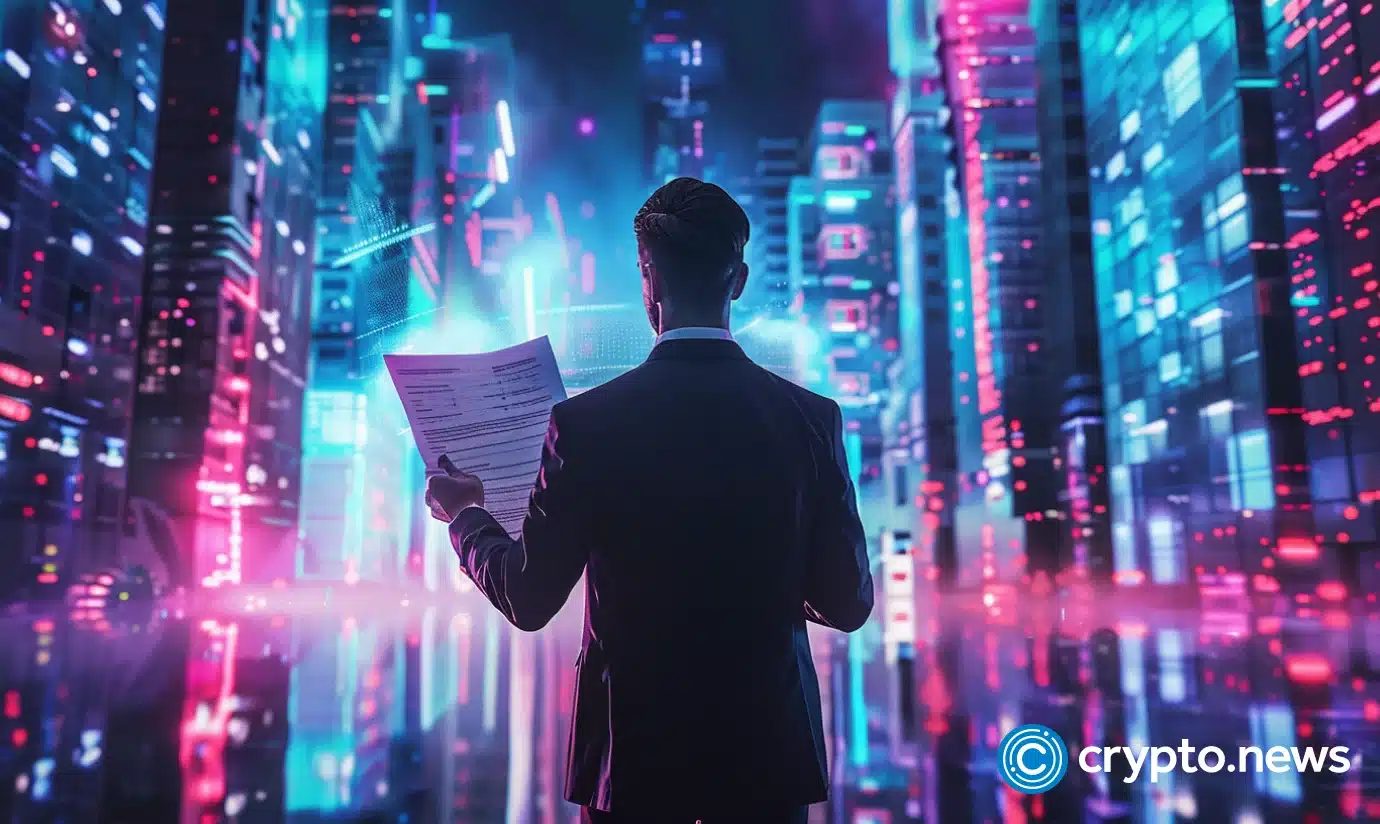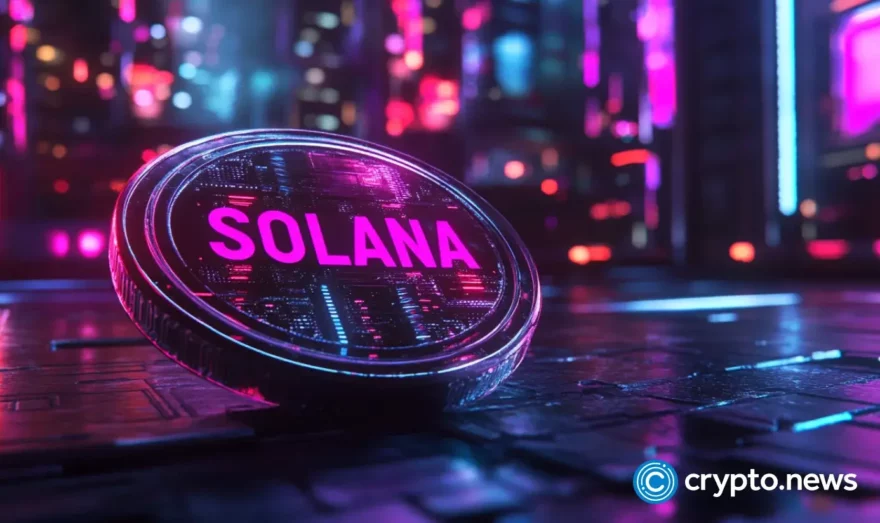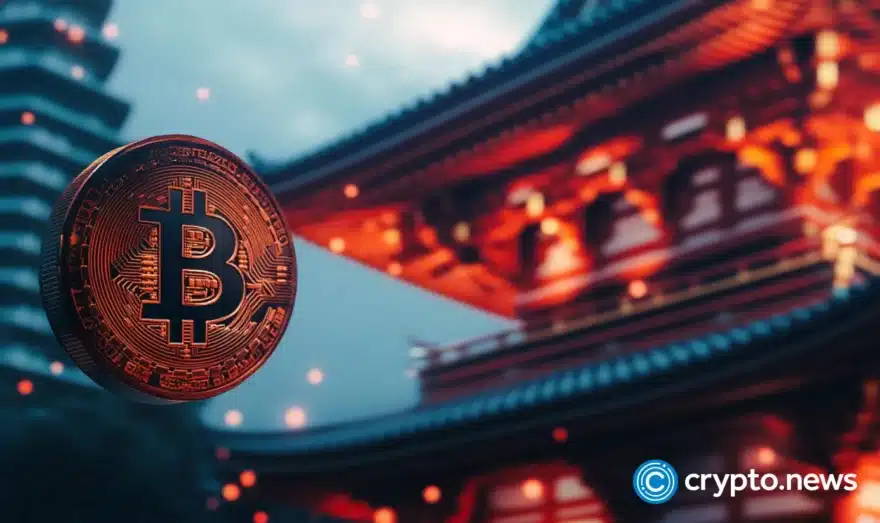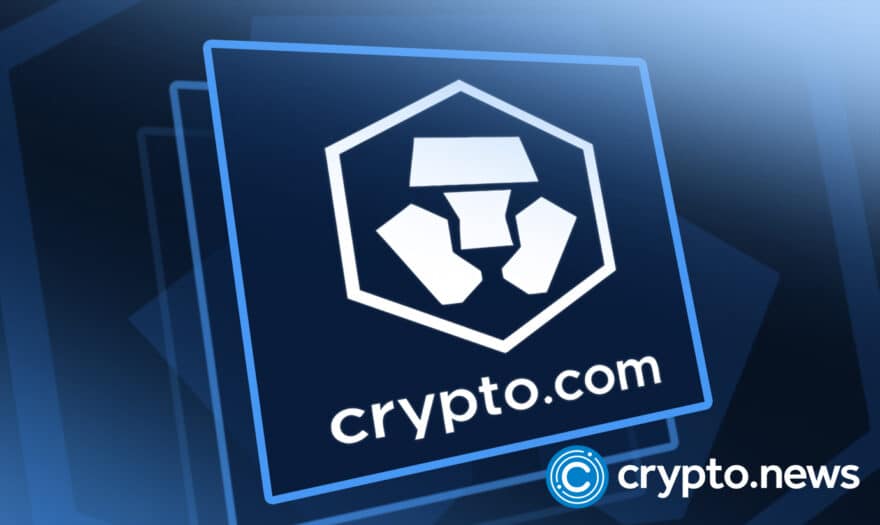AI could transform NFT marketplaces, but ethical challenges loom, warns Nuklai CEO

Speaking with crypto.news, Matthijs de Vries, CEO and Founder of Nuklai, delved into the ethical implications of AI use in the NFT sector.
The onset of AI has opened up a lot of new possibilities, and one of the sectors that has leveraged this technology heavily is NFTs. From generating NFT art to enhancing verification processes, AI is becoming a pivotal tool in the decentralized digital art world.
However, this rapid integration also brings about some ethical concerns. Issues such as intellectual property rights, the potential for misuse of AI-generated content, and the transparency of AI algorithms are at the forefront of this debate.
The need for ethical guidelines and robust policies becomes more critical as AI’s influence in the NFT space grows. Balancing innovation with ethical considerations will be key to fostering a sustainable and trustworthy ecosystem.
De Vries sees AI as a transformative force for enhancing NFT verification and security, but he asserts that addressing its ethical challenges is crucial for maintaining a trustworthy and sustainable digital art ecosystem.
AI faces criticism for copyright issues and is also seen as a solution for NFT copyright problems. How can AI tackle these issues effectively, given its own copyright challenges?
Technology can be a double-edged sword. For instance, AI’s generative models have both helped and harmed. They’ve been used to copy artists’ work without permission – this misuse is pretty common in scams. A scammer’s unauthorized use of an artist’s work often results in AI-generated creations that are similar to or indistinguishable from the artist’s original piece. Such creations spark the conversation around property rights violations and illustrate the need for stricter regulations in AI development. At the same time, AI algorithms can spot derivative works and forgeries, even if they have subtle changes. Humans might miss these. E.g., AI can learn an artist’s style and then identify copies. This ability is crucial in addressing copyright issues.
There are also some ethical concerns. These include intellectual property and potential misuse of AI-made content. How should platforms address these concerns to maintain trust and integrity?
AI requires specific data for training. Artists can embed ownership details into the NFT representing a piece of art. This clear traceability to the original creator ensures that anyone can verify the piece’s owner. Platforms can deploy AI to scan that data and crawl the internet for pieces that attempt to replicate the creator’s art. If it finds similar pieces, it can check for the authentication information. It will flag any differences and help artists enforce their IP rights. Platforms can also distribute automatic royalty payments based on the art’s allowed usage.
This system ensures fair payment and tracks data use in blockchains. It protects creators’ rights and encourages ethical content use. Also, an NFT marketplace with advanced AI shields artists from property misuse and buyers from fake art. These steps reduce scams, boosting platform trust and integrity.
From your experience, what advancements are being made toward achieving real-time NFT verification using AI?
Given information about the provenance of NFTs, AI can process these vast amounts of data to verify a real or fake NFT almost in real-time. We can train AI to recognize unique attributes found only in authentic NFTs. This rapid verification prevents fraudulent listings and can alert users before they potentially purchase fakes. It helps prevent the sale of counterfeit or even stolen NFTs.
How do you think these advancements impact the user experience?
As AI gets better at detecting this information, it can expand its capabilities beyond identifying fake NFTs. For example, AI may be used to find spikes in volume for a particular NFT listing. It could also flag multiple NFT listings with similar attributes. This would shut them down before anyone gets a chance to buy. NFT marketplaces all run on blockchain networks, which are famous for their open-source nature. A trustworthy NFT marketplace will make its AI’s learnings public for anyone to view, allowing buyers to view an NFT’s history. This isn’t to mention that blockchains are immutable, meaning users can rest assured that an NFT’s data was not tampered with.
More and more, people are using AI-driven systems to verify the origins of NFTs. How do these systems ensure digital asset authenticity?
To verify if a digital asset is authentic, AI needs a robust data trail to determine origin and ownership. Public data sources offer a verifiable trace of authenticity. They are the ideal means to train AI, as they show the many ways fraudsters try to play the system. Collaborations on data and on-chain verification can add significant value to AI’s valuation of digital assets. AI can also evaluate real-world assets (RWAs) and intellectual property rights.
What do you think are some of the main challenges in keeping data accurate and preventing fraud?
Of course, bad actors will keep finding ways to get around existing systems. This is why public collaboration is critical, as expanding upon trainable data will help AI detect new methods of fraud as soon as they appear. AI training also needs accurate data. This requires NFT owners to properly document their asset’s history. As long as the human side of NFTs is correct, the AI findings will also be. When it comes to privacy, AI can learn what info to share and what to keep private. This comes down to NFT developers and marketplaces building their systems in a way that promotes artist privacy. AI doesn’t decide what information should be private or shouldn’t — that’s up to humans.
Digital Product Passports (DPPs) are a growing concept. It aims to track the history and ownership of luxury items and NFTs. How do AI and blockchain boost the security and authenticity of DPPs?
Digital passports are easily made by checking and tracing all supply chain data. This data is then put in an NFT to show its origin. It tracks everything, like its environmental footprint, ownership, and maintenance. AI models can then spot fraud by finding unusual patterns. AI can crawl the web faster than humans and doesn’t require rest. Essentially, AI can monitor multiple NFTs on a 24/7 basis and immediately flag NFTs with inauthentic DPPs. However, AI works best with publicly available data. Blockchain-powered supply chains are completely transparent. They allow AI to understand their inner workings and note discrepancies, making them more effective when tracking NFTs.
Lastly, could you explain to our readers how neural networks and machine learning make NFT authentication more accurate and efficient?
Anyone could replicate an NFT collection and create a counterfeit version, but the underlying data would reveal that it is not the original. Neural networks analyze everything from the NFT’s metadata to the style of its creator in ways that the human eye could never pick up. Hackers and scammers are getting smarter. They constantly come up with new ways of deceiving people. But AI can reliably validate the authenticity of an NFT when trained on diverse data sets and combat any new methods a bad actor comes up with. Distinguishing fakes is hard for most people – and training AI on large data sets makes spotting fraud easier. Technological advances, such as neural networks, further enhance the ability to incorporate extensive verification methodologies into NFT marketplaces.

















